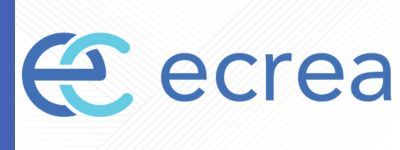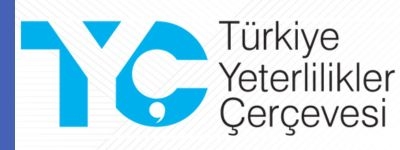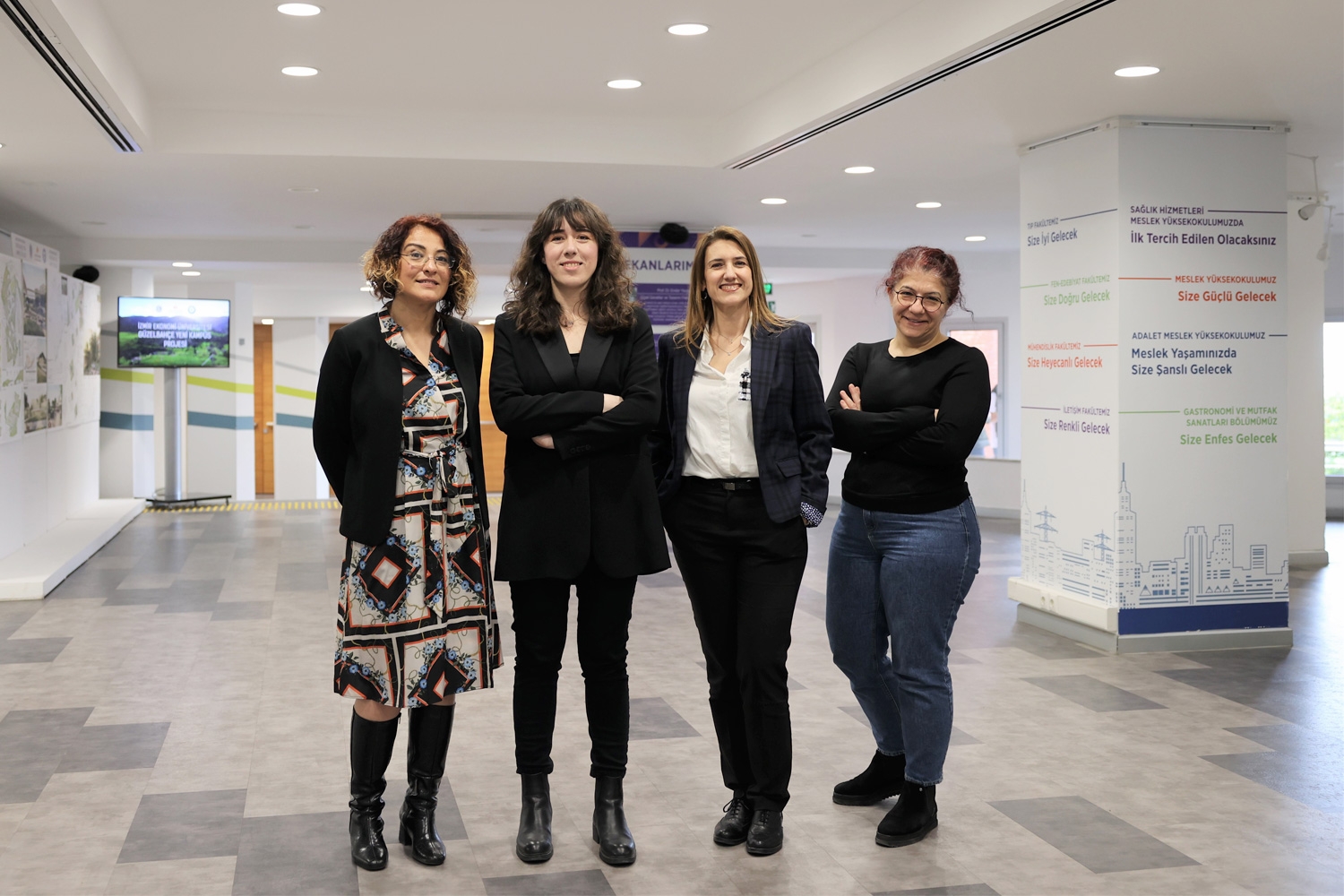
1.3 million support from TUBITAK for the exemplary project
4 academics from Izmir University of Economics (IUE) took action on the increase in natural disasters such as floods, fires, ...
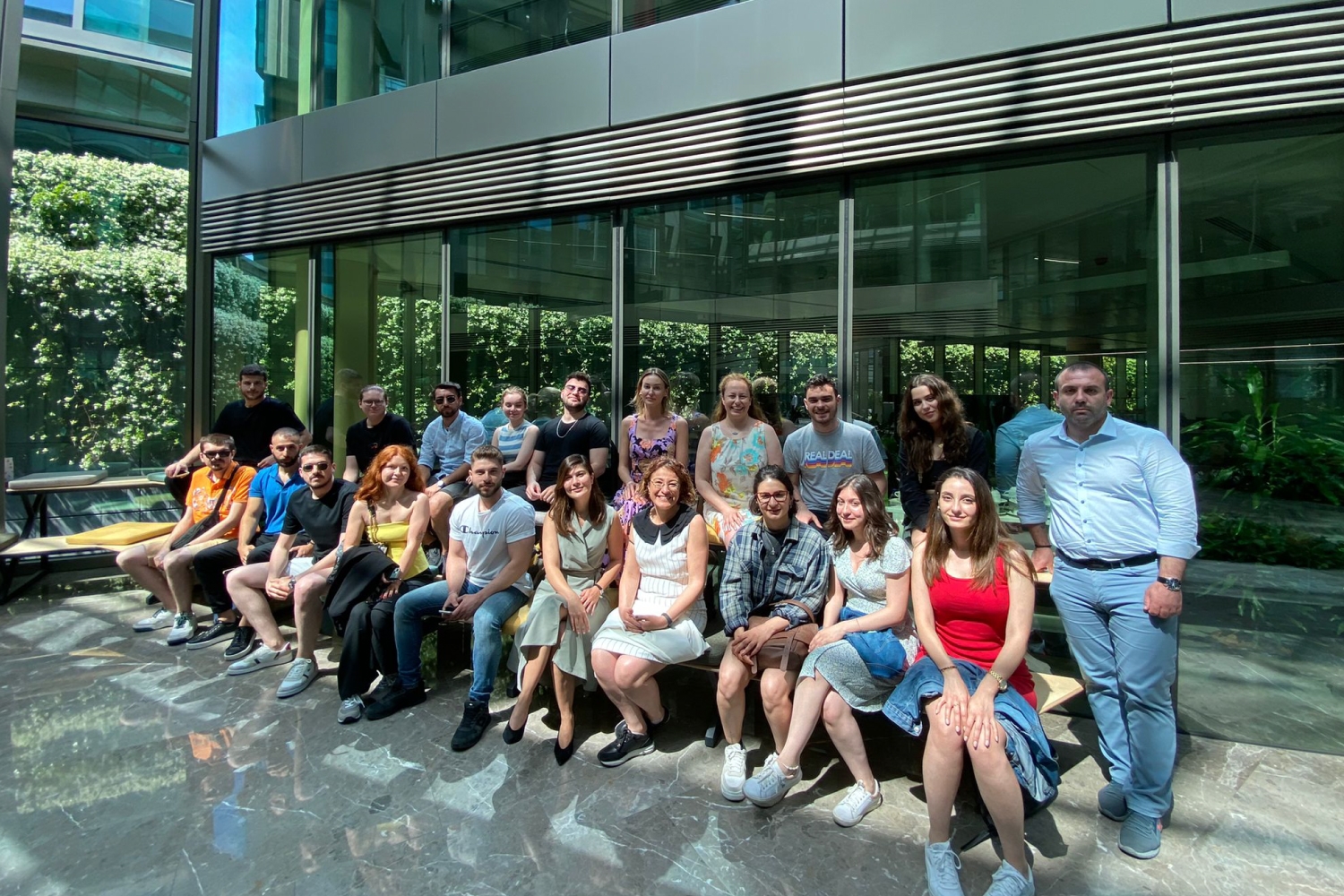
7 industrial visits in 3 days
Izmir University of Economics (IUE) Department of Public Relations and Advertising organized an industrial visit to Istanbul for its students ...
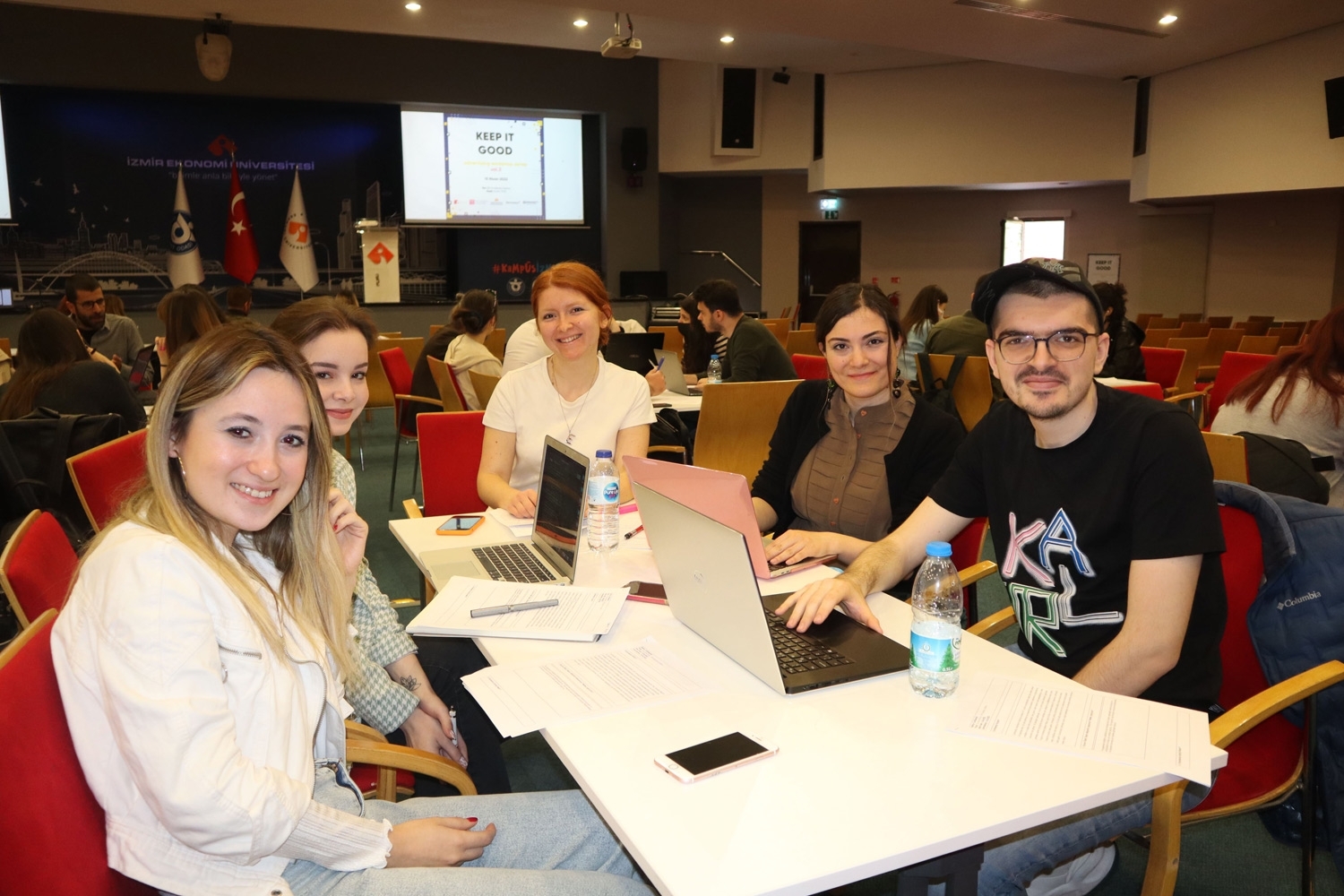
‘Kindness in Communication’ ideas by IUE students
Students of Department of Public Relations and Advertising, Izmir University of Economics (IUE) developed creative ideas for a world-famous tire ...
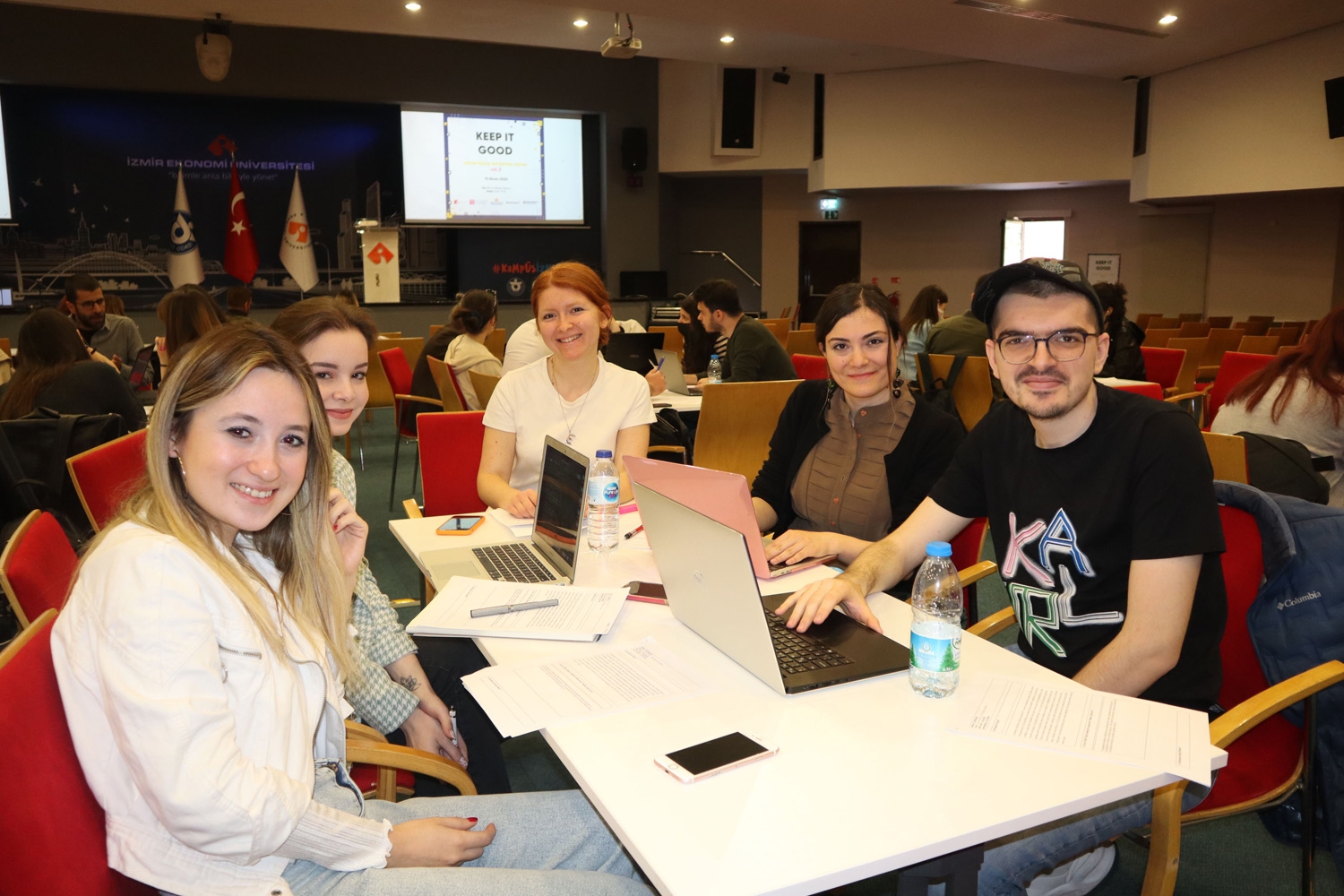
‘Kindness in Communication’ ideas by IUE students
Students of Department of Public Relations and Advertising, Izmir University of Economics (IUE) developed creative ideas for a world-famous tire ...
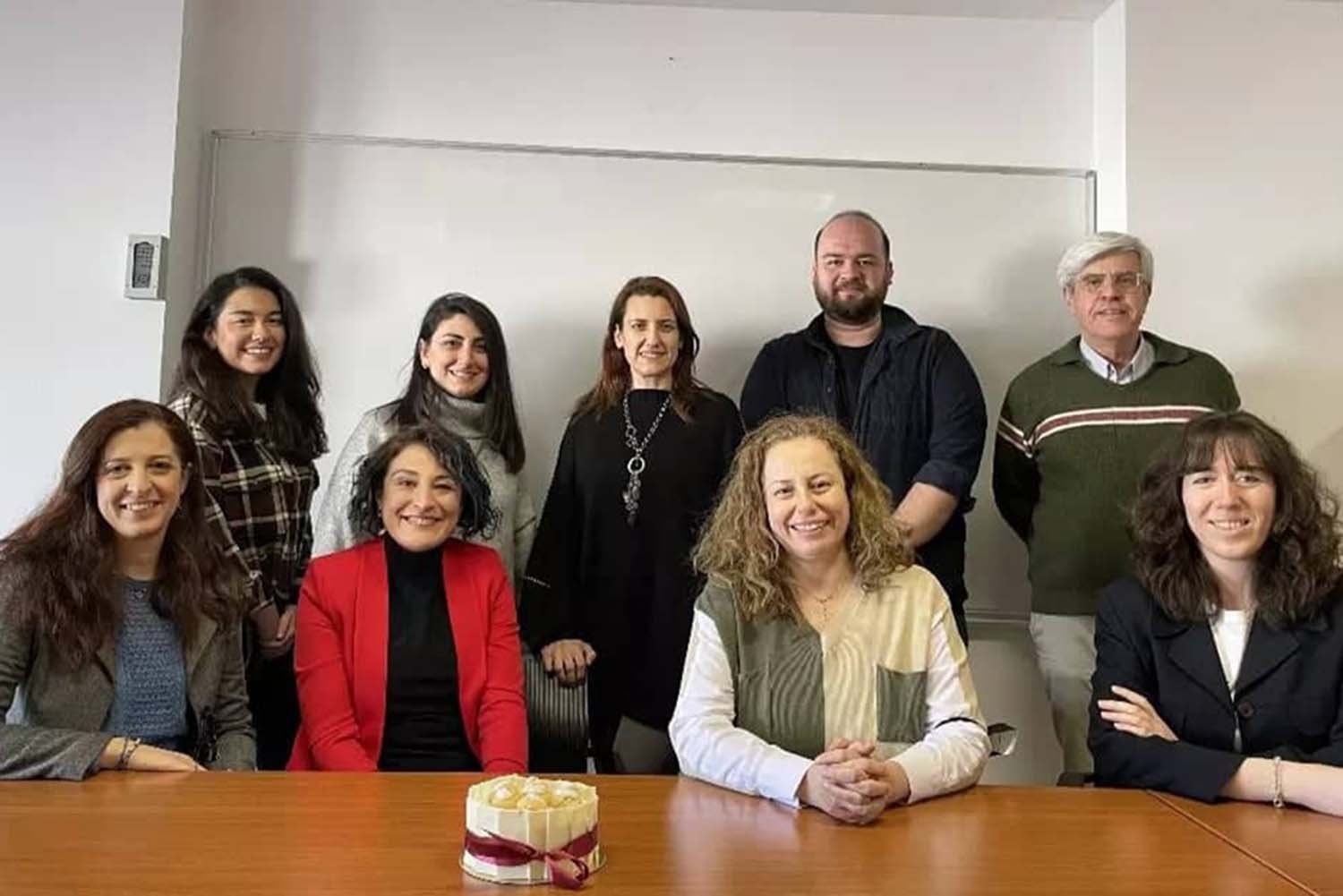
Our department, which was accredited by the Communication Research Association (ILAD) in 2020, successfully completed the interim evaluation process and was entitled to a total of five years of accreditation.
ILAD, the national quality assurance institution authorized by the Higher Education Quality Board (YÖKAK) for communication education, accredited our Public ...
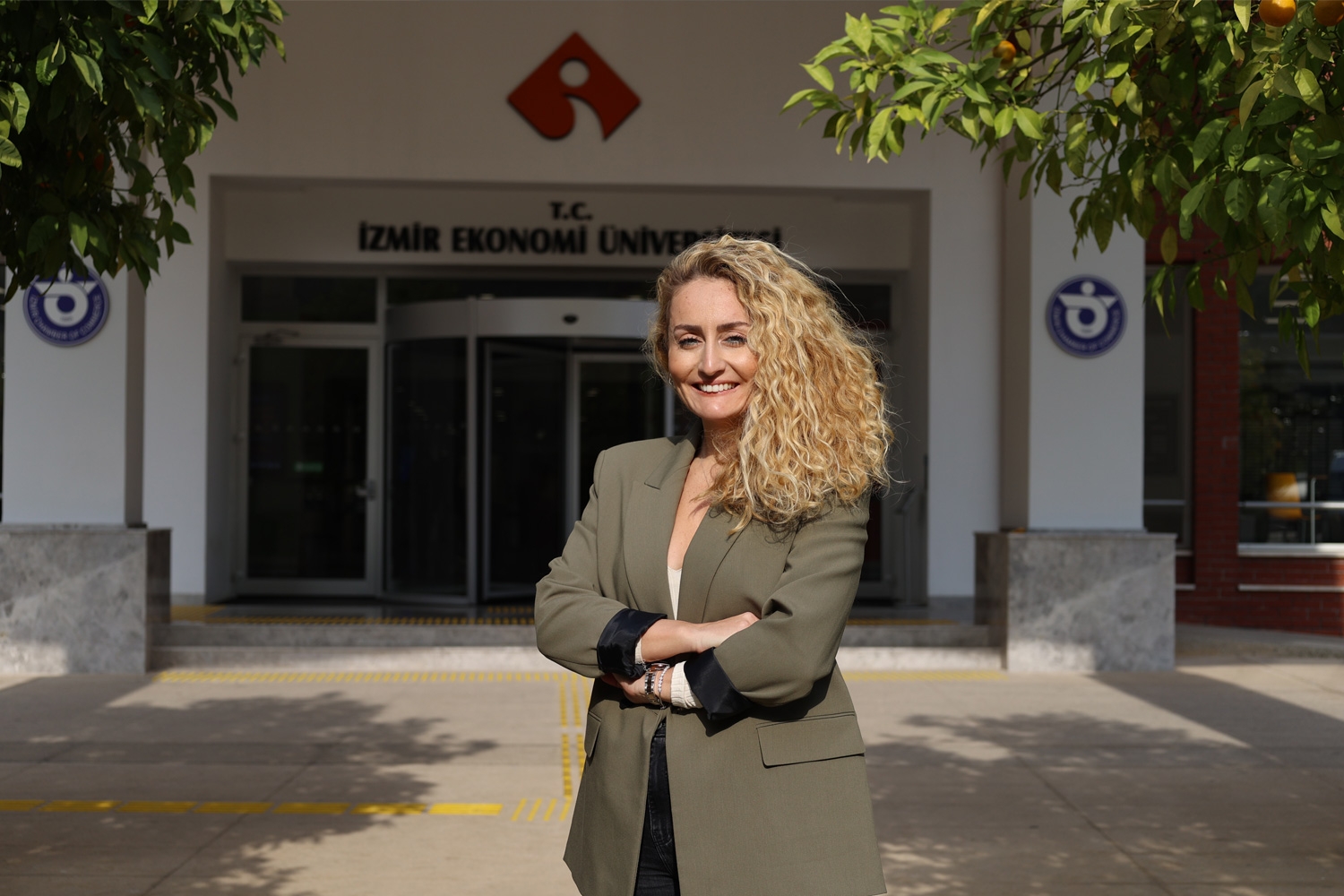
IUE graduate academic at a world-renowned university
Lena Çavuşoğlu, a graduate of Izmir University of Economics (IUE), pursued her dreams about having an academic career abroad instead ...
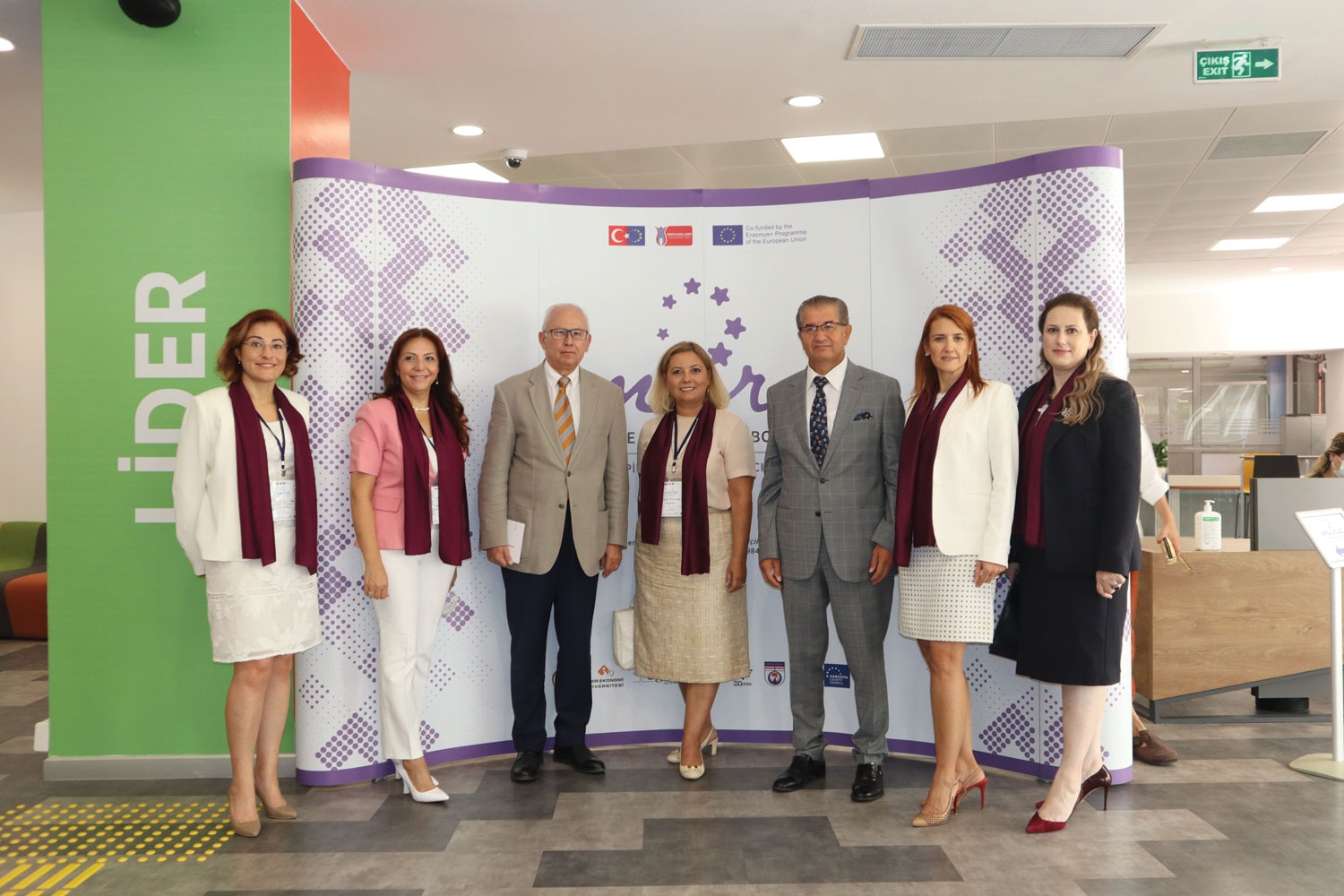
...

'International' cooperation of Izmir University of Economics
Izmir University of Economics (IUE) Department of Public Relations and Advertising took another important step towards internationalization and collaborated with ...





